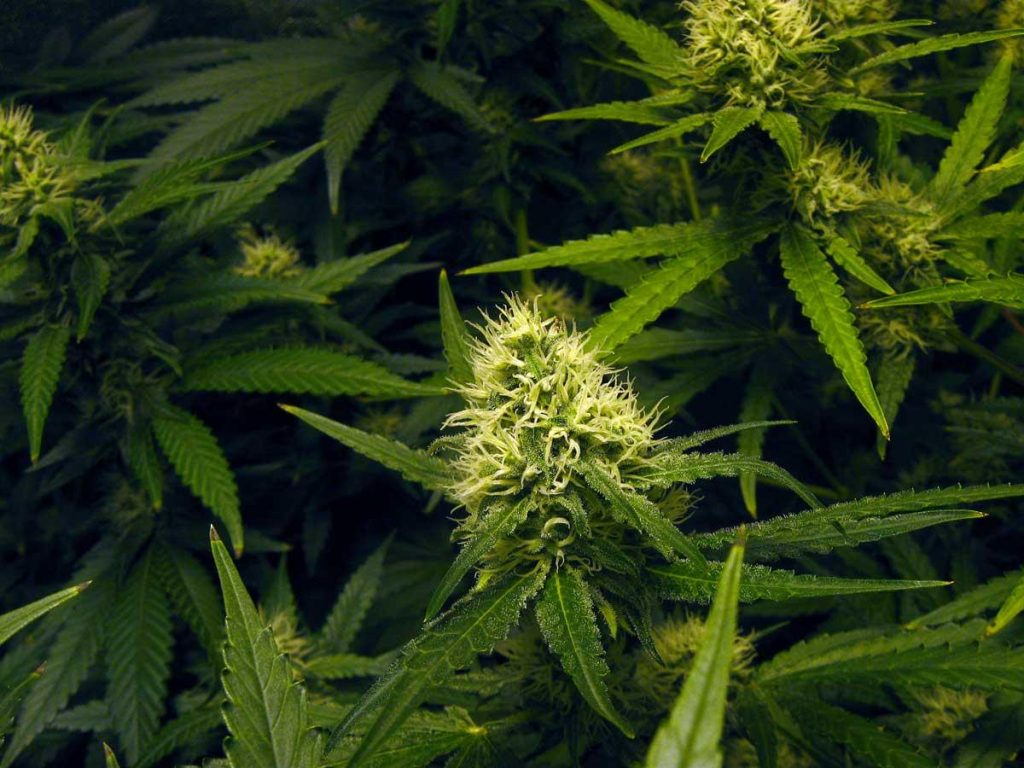 Colorado statute 18-1.3-204 provides that medical Marijuana users shall not be prohibited from possessing or using medical Marijuana while on probation. It appears that this is welcome news for medical Marijuana users. However, a closer look at the statute reflects two major exceptions to this groundbreaking law. One of the exceptions provides enormous discretion to the Court to rule against a probationer’s use of medical Marijuana on probation.
Colorado statute 18-1.3-204 provides that medical Marijuana users shall not be prohibited from possessing or using medical Marijuana while on probation. It appears that this is welcome news for medical Marijuana users. However, a closer look at the statute reflects two major exceptions to this groundbreaking law. One of the exceptions provides enormous discretion to the Court to rule against a probationer’s use of medical Marijuana on probation.
The first exception to the law that permits medical Marijuana use on probation applies to those who are sentenced to probation for a conviction under article 43.3 of title 12, also known as the Medical Marijuana Code.
The second exception to the law that permits medical Marijuana use on probation applies to probationers when the Court determines that based on the assessment in Colorado statute 18-1.3-209 a prohibition against the possession or use of marijuana is “necessary and appropriate to accomplish the goals of sentencing” as stated in Colorado statue 18-1-102.5. This exception grants wide latitude to the Court (and the probation department through their assessment) in determining who ultimately can and cannot use Marijuana on probation.
The assessment referenced above (18-1.3.209) is a substance abuse assessment. Persons convicted of a petty offense or misdemeanor on or after July 1, 2008 or a felony on or after July 1, 1992 that are sentenced to supervised probation (or a deferred judgment) are required to complete a substance abuse evaluation for alcohol or drugs.
The Court shall order probationers to comply with the recommendations outlined in the alcohol and drug assessment. If the person is sentenced to supervised probation (or a deferred judgment and sentence), or any other sentence (except straight jail time without probation), the probationer shall be required to comply with the treatment plan as a condition of the sentence. The probationer is required to pay for the evaluation and treatment recommended unless he or she is indigent.
The goals of sentencing as referenced above include those as outlined in Colorado statute 18-1-102.5. The first goal of sentencing is to punish the defendant for his/her offense based upon the seriousness of the offense. Fair and consistent treatment of all offenders is to be considered with the goal of eliminating unjustified disparity in sentences. Fair warning of the nature of the sentence to be imposed and fair procedures for the imposition of the sentence are also to be considered.
Further goals of sentencing in light of Colorado statute 18-1-102.5 also include deterrence and rehabilitation of offenders through cooperation and participation in correctional programs. The Court should also consider a sentence, sentence length, and level of supervision in light of the person’s individual characteristics that will reduce the probability that the person will re-offend.
Promotion of acceptance of responsibility and accountability, restoration and healing of victims and the community, and reducing recidivism and costs to society through restorative justice practices are also factors for the Court to consider.
Thus, the bottom line of this fairly new legislation that permits medical Marijuana use on probation appears to be that medical Marijuana patients may be permitted continued use, but only if the Court and probation agree and the probationer is not sentenced for committing an offense defined under the Medical Marijuana Code.
Denver Criminal Lawyer Monte Robbins practices exclusively in the areas of DUI, Criminal, and Traffic defense throughout all counties and cities in the State of Colorado. Contact Colorado Criminal Lawyer Monte Robbins today for a free case evaluation. Offices in Denver: 303-355-5148, Greeley: 970-301-5541, and Fort Collins: 970-329-1833.
 Denver DUI Attorney Blog
Denver DUI Attorney Blog

